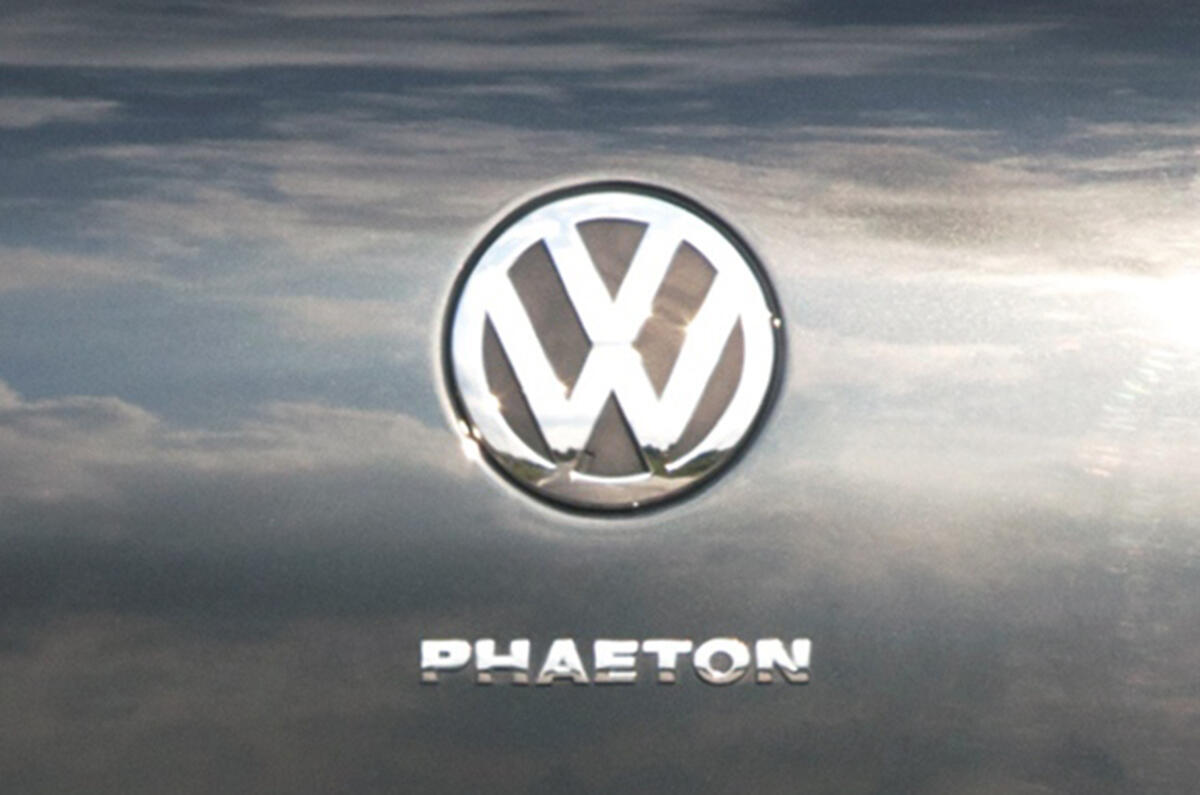The Volkswagen Group will spend an extra €100 million (£70m) on alternative drive technologies - including electric and hydrogen fuel cell powertrains - in 2016, it has announced.
It was also revealed that the Group will decrease spending on capitalized development costs by €1 billion (£700m) to around €12bn (£8.4bn). The announcement was made by new VW Group boss Matthias Müller at the group's Wolfsburg headquarters.
The vast majority of VW's expenditure in the next year will go on core products and development, including the next-generation Audi Q5 and Volkswagen Golf, as well as the firm's Crafter plant in Poland and the development of its new modular electric toolkit, announced last month. Around 50% of the planned expenditure will be spent in Germany, where VW has 28 sites.
Müller also went into more detail about which planned investments will either be delayed, scaled back or cancelled as the group recovers from the ongoing emissions scandal. He said that constructon of a paint shop in Mexico will be reviewed, while a new design center in Wolfsburg is being put on hold. In addition, the new all-electric Volkswagen Phaeton - initially marked for release in 2020 - will be delayed. Müller also stressed that he hoped to avoid cutting the workforce if he could.
"We will review and potentially cancel further expenditures or spread them out to a greater extent in the next few weeks, but without putting our future viability at risk”, said Müller. “Together with the Works Council representatives we will make every effort to keep our core workforce on board.”
VW's joint ventures in China - which together are planning expediture of around €4.4bn (£3.3bn) in 2016 - are safe from any cost cutting measures.
"We are operating in uncertain and volatile times and are responding to this”, said Müller. "We will strictly prioritise all planned investments and expenditures. As announced, anything that is not absolutely necessary will be cancelled or postponed.”
While it was initially understood that cuts would be made across the Volkswagen Group, Audi boss Rupert Stadler has remained defiant that investment in his brand will be protected. Speaking to Management Today, Stadler said: "There will be no reductions in budgets for future technologies. This is what we did in the wake of the world financial crisis and this is how we handle it today."
Müller's five-point recovery plan
This latest announcement comes just weeks after Müller said the company will emerge from its current emissions scandal “stronger than before”, and set out five priorities for turning the fortunes of the German manufacturer around.





Join the debate
Add your comment
Hmmm
289 wrote: VW made a loss in
Probably some tactics in there. To post a profit for Q3 given the emissions scandal would not look good. By assigning the €6.7bn to catch Q3, that leaves the way open for Q4 to look better?
Ahhh
Funny!